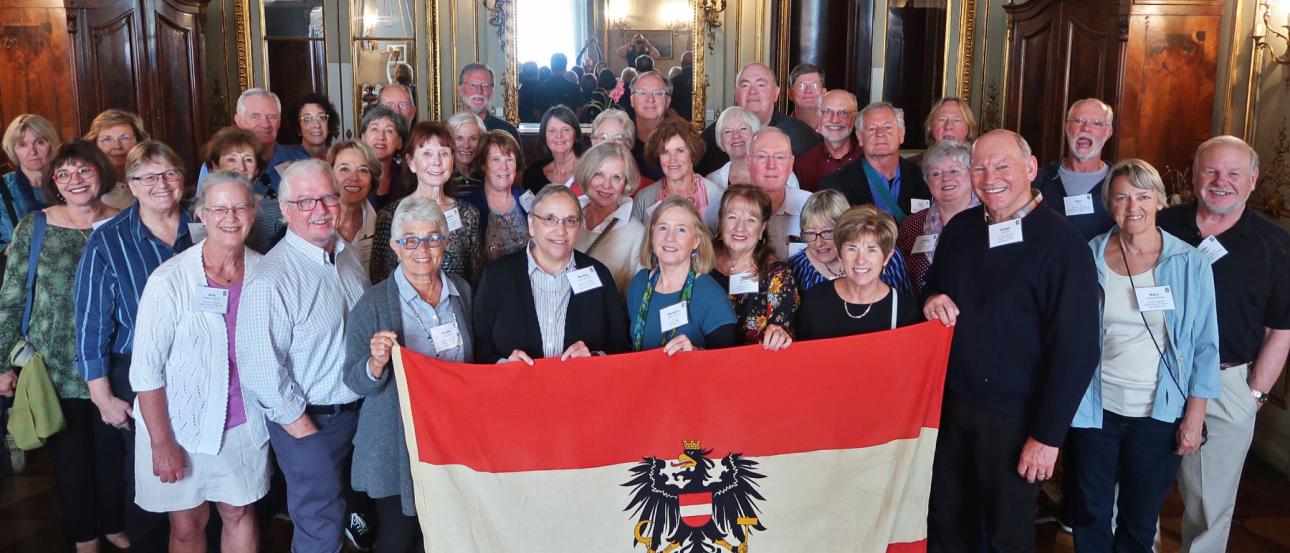Translating the Benefits of Study Abroad in an Interview
There’s more to our How to Market Your Study Abroad Experience Toolkit than just paperwork! Now that your study-abroad optimized résumé and cover letter have landed you an interview, it’s time to talk about it [cue scary music]…IN PERSON.
90% of IES Abroad alumni attributed their development of critical professional skills, like adaptability, cultural understanding, language proficiency, self-confidence, and ability to navigate ambiguity to their time abroad, according to the IES Abroad Recent Alumni Survey. Additionally, alumni believed that studying abroad allowed them to build up the confidence to deal with new skills required for a particular job.
And yet, even with this newfound confidence, we understand that speaking about your study abroad experience in a professional setting can be challenging. Surely, some things about the city you called 'home' for a semester or summer are fascinating, but consider how many of the specifics should be included when talking about your time abroad in a job interview. Determine which things are truly applicable to the job or internship rather than what might be a fun anecdote better shared with your friends.





